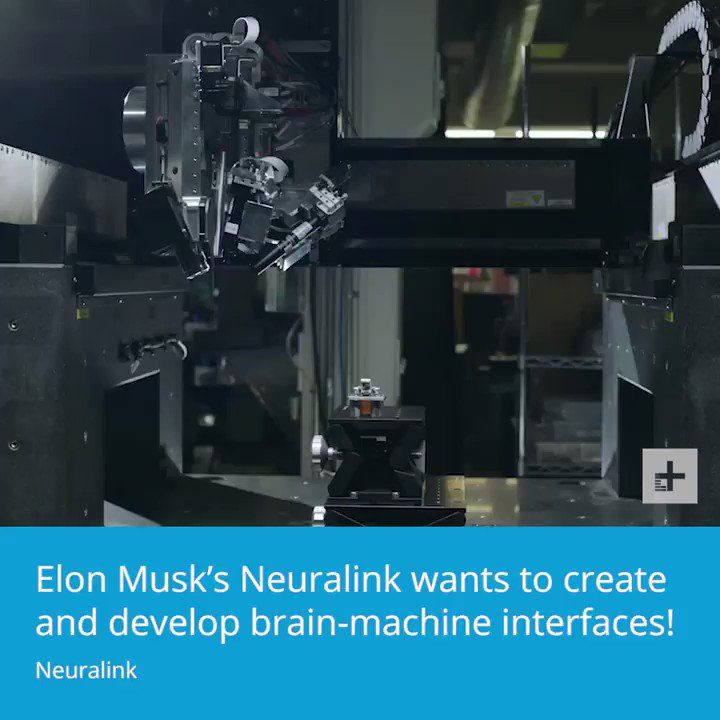Foreign ministry officials believe another country may be responsible.


Hundreds of thousands of grieving Iranians attend farewell procession dedicated to General Qassem #Soleimani, former head of Iran’s elite Quds Force who was killed in a US drone strike in Iraq earlier this week.

.@ElonMusk’s Neuralink wants to create and develop brain-machine interfaces.


But no, privacy isn’t dead. A path to reclaiming it — fuzzy and almost too late — is starting to emerge. We just have to be angry enough to demand it.
Trying to get straight answers has been, literally, a full-time job. I’ve digested the legal word salad of privacy policies, interrogated a hundred companies and even hacked into a car dashboard to grab my data back. There are lots of stories about online threats, but it feels different watching your personal information streaming out of devices you take for granted. This year I learned there is no such thing as “incognito.” Just stepping out for an errand, I discovered, lets my car record where I shop, what I listen to and even how much I weigh.